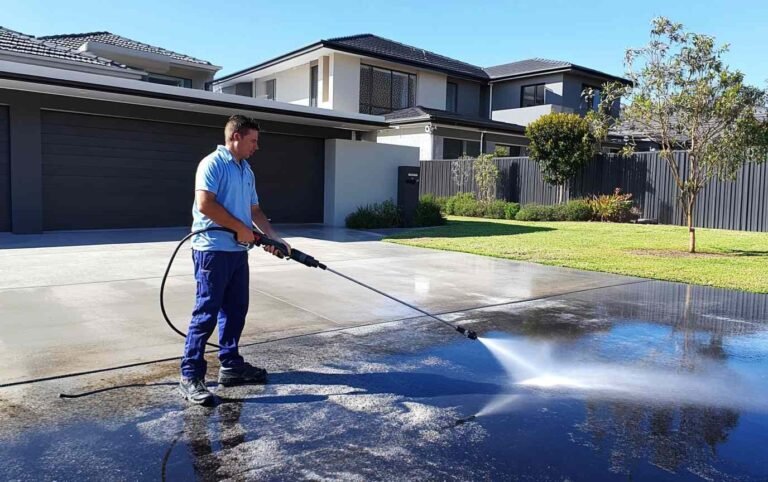Three Practices for Successful Condo Community Management
A condo owners’ association has the responsibility of overseeing the community. This includes making sure governing documents are followed and community issues are addressed. A community association management team can assist in these responsibilities by helping with record-keeping and other tasks. Here are three practices for successful condo community management:
1. Encourage Open Communication
Providing opportunities for homeowners to voice their opinions and ask questions fosters transparency between the condo owners’ association (COA) and the community. Annual meetings allow residents to vote on policies and ratify the budget. This gives condo owners the opportunity to provide feedback, and it holds the association accountable for expenditures. Participating in the decision-making process can foster compliance with assessments and policies.
Inform condo owners of changes in policies and special assessment collection dates to prevent violations. To increase participation, send out dates for upcoming community meetings. A condo community management team can help with neighborhood communication by sending notifications to condo owners through emails or texts. An online portal or newsletter with community events also helps keep residents informed.
Create a sense of accessibility by offering simple methods to submit requests to the board. Electronic filing methods through a community portal can make it easier to manage records of violation appeals, noise complaints, and alteration requests. This enables the board to respond to issues promptly, preventing neighborhood disputes from escalating.
2. Manage Community Finances Responsibly
The COA has the responsibility of managing community resources. Funds primarily come from fees or assessments, collected from homeowners. This money is used to maintain common elements, such as roofs and shared facilities, pay for amenities, and cover insurance and utility costs. Creating a realistic budget enables the board to maintain financial stability. The board can choose to hire a community association manager to assist with financial management. The manager oversees financial records and invoices, making sure bills are paid on time.
Make long-term plans by establishing a reserve fund. These are used for larger community projects, like making major replacements or repairs after a flood or fire. Being financially prepared for the future enables the board to respond to emergencies more quickly and prevents the need to collect special assessments or seek alternative sources.
See also: Business Brokers vs. Real Estate Agents: Who Handles Your Business Sale Best?
3. Build a Network of Vendors
Vendors offer community services, including maintenance, construction, snow removal, and landscape management. Creating an established network of trusted vendors allows the COA to fulfill community projects and keep common elements and amenities in good condition. A condo association management team is able to provide connections with maintenance crews. When building a network, management teams can vet potential vendors by reviewing contracts and checking performance.
Learn More About Condo Community Management
Principles of efficiency and trust foster a collaborative atmosphere between the COA and residents, enabling the community to work together to maintain property values and cultivate positive relationships. Some association management companies offer full oversight or on-demand services according to the needs of the association. This includes assistance with daily operations and project administration. Look for a trustworthy condo community management team today.






